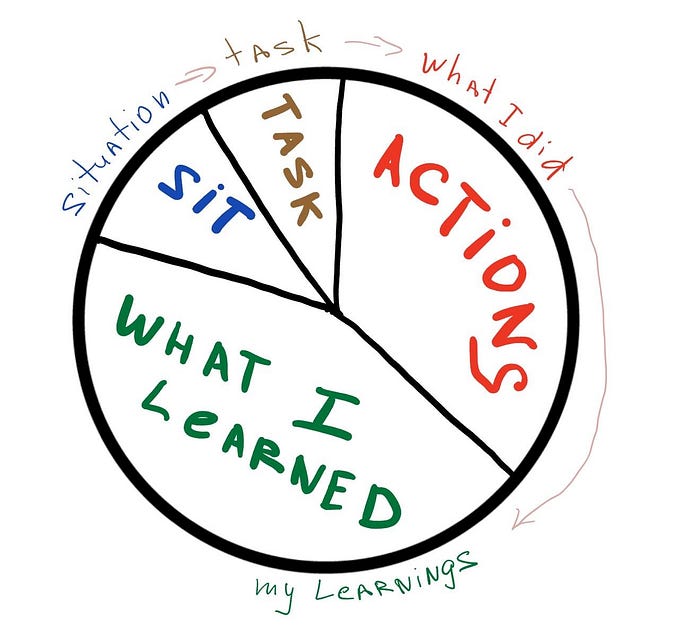HOW TO MOVE FROM JUNIOR SOFTWARE ENGINEER TO SENIOR SOFTWARE ENGINEER

Taking the leap from junior software engineer to senior engineer is often the goal of any engineer. It comes with a lot of benefits such as better pay and perks but also involves a lot of responsibility on the part of the engineer. So, what are the steps required to transition to a senior software engineer role?
Technical ability is often what many in the field consider as the main differentiating factor between a junior and a senior engineer. While it is an important aspect a lot of engineers get hung up on this factor alone and still are not able to transition effectively to senior roles. Technical ability is the baseline measurement and can be easily measured in different ways e.g., solving algorithmic problems but being a senior engineer requires more as often you will be managing teams of varying levels of skill sets and your team management skills carry more weight than just technical ability. Let's highlight some of the traits of senior software engineers.
- They make the team around them better
Senior Software engineers are often not the most productive engineers as they spend most of their time mentoring their coworkers. This is done through code reviews, design reviews and providing feedback on the requirements of the project manager. They prioritize the overall growth of the team than taking all the glory for personal code.
2. They can be relied upon
Junior engineers tend to shy away from estimates as they are unsure of the deliverables. The difference with senior engineers is that they understand the difference between estimates, predictions and commitments. As a senior engineer you should inspire confidence by creating predictability and can understand and handle ambiguity.
3. No work is beneath them
Senior engineers most of the time do the work that creates the most value. It might not be the most complex or exciting work but it creates value for the project.
4. They can explain trade offs
Senior engineers are good at explaining why they chose a specific implementation which other options they considered and the pros and cons of each. Junior engineers often tend to choose an implementation because they believe it is correct, but it might not be the most efficient approach.
5. They build value not code
Senior engineers understand customer needs and use technical options as a way to add value not because of fun technical options. Senior engineers are frugal with engineering time and optimize the amount of customer value you get for engineering cost.
6. They don't complain unless they have a recommendation
A senior engineer understands that for all decisions we are weighing pros and cons. We’re not oblivious to the things that aren't optimal rather we just don't have a better solution yet.
7. They are great partners to work with
Senior engineers exhibit the following traits that make them great partners to work with. They are patient as they are more interested in educating than ridiculing. They are collaborative and look for more reasons to say yes than say no. They are opinionated in a polite way. They are empathetic and seek to build a community than create strife. They are egoless and don't have the need to always look right.








